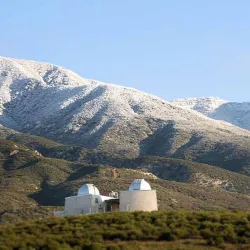
Cal State San Bernardino and its Palm Desert Campus will be closed for winter break beginning Friday, Dec. 23, and will reopen for business Tuesday, Jan. 3.
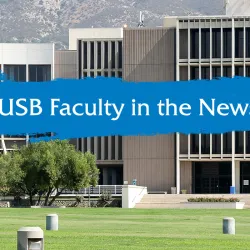
Jeremy Murray and Tiffany Jones (history) Brian Levin (criminal justice), Sina Bastami (lecturer, geography and environmental studies), and Mike Stull (entrepreneurship) were mentioned in recent news coverage.
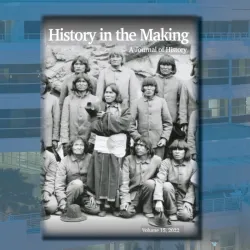
The journal was awarded second prize in the 2022 Gerald D. Nash History Journal Competition – Graduate Print Division, the Phi Alpha Theta National History Honor Society has announced.
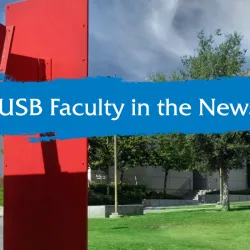
Andrew Thompson (lecturer, art), Joanne Whitlock (Air Force ROTC), Brian Levin (criminal justice), Eric Koda (lecturer, art) and Guillermo Escalante (kinesiology) were included in recent news coverage.
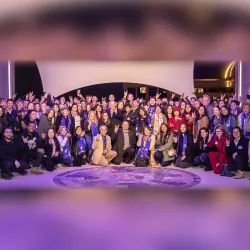
University President Tomás D. Morales thanked the alumni for attending the sixth annual alumni mixer, reminding them that that university was there for them.
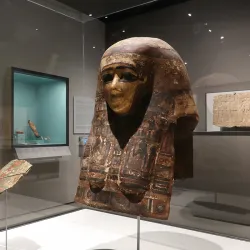
The virtual exhibit features ancient Egyptian art and artifacts related to death and the afterlife. Its new online version includes audio and video guides, as well as detailed 3D images of each object on display.
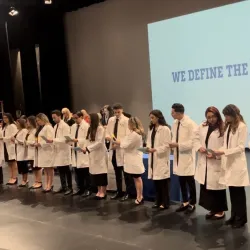
This special ceremony welcomes newly graduated nurses into the nursing workforce to serve the public.
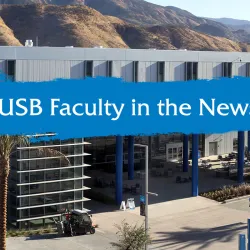
Mike Stull (entrepreneurship) was interviewed about the growing number of Latino entrepreneurs, Sina Bastami (lecturer, geography and environmental sciences) spoke about CSUSB’s Model United Nations team doing well at a conference in Japan, Brian Levin (criminal justice) discussed the latest FBI hate crime report, and Diane Vines (nursing) thanked supporters as the Street Nursing Program joined a mobile clinic program.
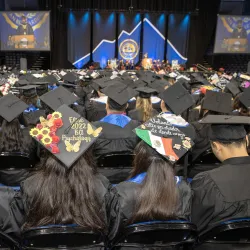
About 1,420 CSUSB students, and their families and friends, celebrated their graduation from the university’s five colleges at the two fall 2022 Commencement ceremonies held at Toyota Arena in Ontario.
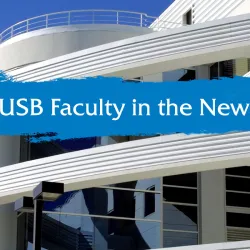
Brian Levin (criminal justice) was interviewed about topics related to hate crimes and extremism, and Tony Coulson (information and decision sciences) discussed a Cybersecurity Center federal grant aimed at training more students to be cybersecurity professionals.
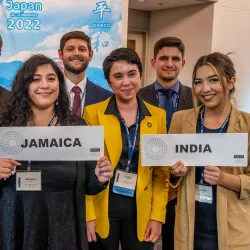
The students representing India earned a Distinguished Delegation award, and the students representing Jamaica were recognized with the Outstanding Delegates in Committee award. Both are among the highest honors given at by the National Model United Nations.
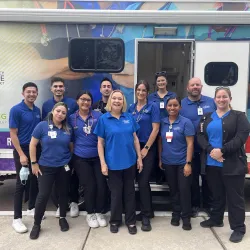
Nursing faculty and students from the CSUSB Nursing Street Medicine Program will perform mental health assessments and provide nurse clinics at various locations around the Coachella Valley.